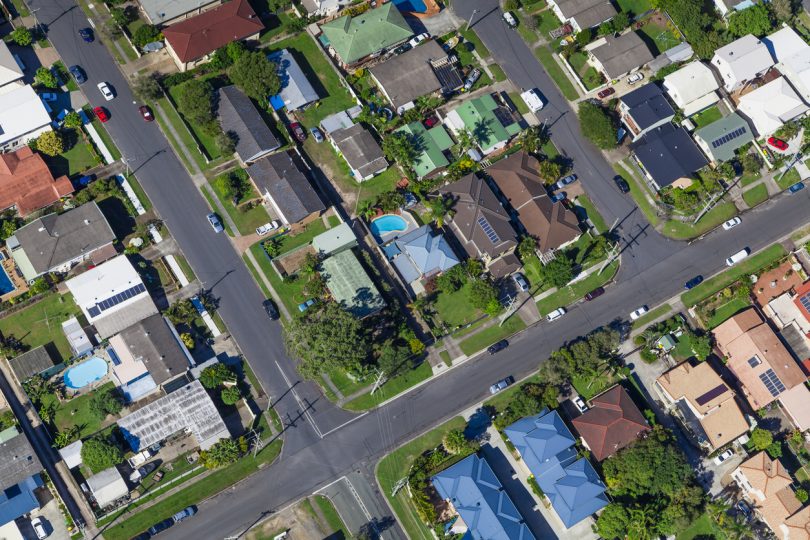
Recently purchased or sold an investment property? There’s lots to learn when it comes to tax time. Photo: Region Media.
Buyers and sellers of investment properties have a lot to think about come tax time.
Rules around investment properties are complex and always changing, so it is crucial for landlords to seek advice about what they can and cannot claim.
And with many first-time investors snapping up properties in Canberra during the COVID-19 pandemic, there’s a risk they could be left in the dark.
Aero Group tax accountant Deepika Adhikari says there is a long list of items investment property owners can claim – from depreciation and interest on loans to renovations, property maintenance, pest control and even advertising to find new tenants.
“It’s really important to understand the basics of tax rules if you have invested in property for the first time,” Deepika says.
“New landlords may not know what they can claim, and how their investment property income can impact their personal tax return.”
She says the biggest advantage for purchasers of new investment properties in the ACT is that 100 per cent of the stamp duty is tax deductible for the year it’s paid.
READ ALSO: Thinking ahead will pay off come tax time 2022, say experts
Depreciation in building, and fittings and fixtures is another major claimable deduction.
“Many people don’t realise they can claim depreciation of a new investment property for 40 years from the date of construction,” Deepika says.
“And if they have purchased an older property, they can still claim depreciation until the home reaches 40 years old.
“Repairs less than $300 can be fully claimed. Any maintenance costs over that, such as new blinds, a hot water service or flooring, can be depreciated. All painting costs for the year can be claimed.”
Landlords cannot claim the depreciation on existing fittings and fixtures on properties acquired after 9 May, 2017 because these items will be deemed second-hand assets.
“The same rules apply to the property which was once their main residence and is now a rental property,” Deepika says.
“In a case where the landlord is renting out part of the property, all the incurred expenses have to be apportioned based on the area of the property rented.”
If landlords have taken out finance to purchase their investment property, they can also claim the interest on the loan. And existing investors who have refinanced a loan to carry out renovations at the property can claim bank fees and any borrowing expenses.
Deepika says a recent change prevents landlords from claiming travel expenses for visiting their investment property.
Rental income, insurance payouts and water reimbursement are also assessable income for landlords.

Tax accountant at Aero Group Deepika Adhikari has been assisting clients with investment property tax returns, capital gains calculations and sole trading income for three years. Photo: Aero Group.
Those who took advantage of the hot property market and sold their investments over the past 12 months can also claim expenses against their Capital Gains Tax (CGT).
Some can even be eligible for main residence exemption and avoid paying CGT.
Whether they have purchased or sold a property, or are seasoned landlords, investors must keep and provide their tax account with all records of work carried out and fees paid.
If investment property owners manage the property themselves and use their phone and home internet, they can also claim those expenses.
READ ALSO: Business Chamber to help reawaken, boost ACT’s export industries
The Australian Tax Office (ATO) changed rules regarding vacant lands on 1 July, 2019. Certain deductions for vacant land such as interest expenses, council rates, land taxes and maintenance costs are denied unless the land is used to produce income.
But someone constructing a rental property on vacant land is not impacted by these rules.
“If an individual has a loan to buy land and build an investment property, they will be able to claim interest on the building component of the loan, and interest on the land component is still unclaimable until the property is made available to rent,”Deepika says.
“The same rules apply if someone is demolishing the property or substantially renovating it. The costs related to such properties are not claimable unless the property is available to produce income.”
The Aero Group tax accounting team can answer your enquiries and help sort out your investment property taxes.
Original Article published by Katrina Condie on Riotact.


What's Your Opinion?